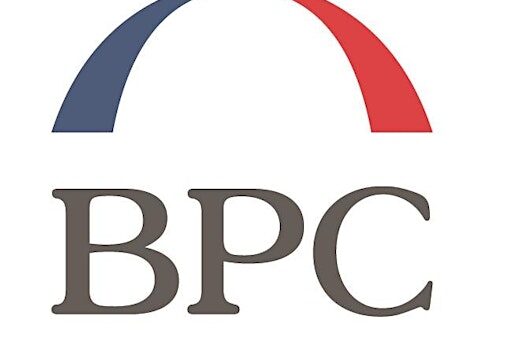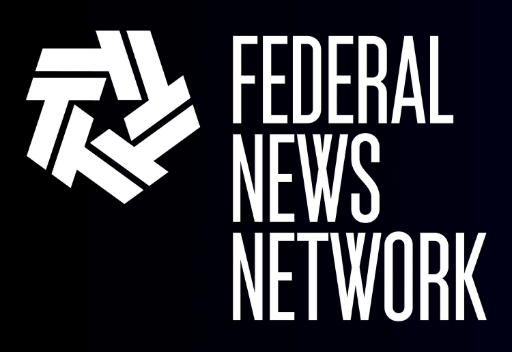 External Post
External PostShould All Federal Employees Still Be Paid During a Government Shutdown?

For over a month now, the U.S. federal government has been largely halted. A government shutdown occurs when Congress hits a stalemate when trying to pass a funding bill or continued resolution to finance federal agencies. Without an approved budget, many parts of the government must halt or scale back operations.
During a shutdown, “essential” employees (i.e. air traffic controllers, border agents, military personnel) continue to work but without immediate pay. Other “non-essential” employees are sent home on unpaid leave (referred to as being “furloughed”). Historically, Congress has passed legislation to provide back pay after a shutdown ends—at least to essential employees—though it is not guaranteed. Certain officials, including the President and members of Congress, continue to receive compensation (as outlined in the U.S. Constitution). Until Congress can agree on funding appropriations and funding is restored, hundreds of thousands of federal workers will continue to go without pay.
Two major concerns are raised during a shutdown: (A) the costs that Americans must pay for government disagreements that are out of their control and (B) how to allocate funds during a shutdown without overriding Congress’s “power of the purse.”
Proponents argue that federal employees without a say in the shutdown don’t deserve to pay the price for the standstill on Capitol Hill, especially for families that already live paycheck to paycheck. Some also point out that government shutdowns can harm local economies that revolve around federal operations; paying federal employees can help reduce the ripple effects on small businesses and communities that depend on federal workers’ income. Furthermore, many argue that furloughing and not paying federal workers for this length of time can result in unstable government operations and low morale upon returning.
Opponents argue that not paying federal workers is a necessary and important function of a government shutdown. A shutdown is meant to pressure lawmakers to resolve budget disputes and apply a sense of urgency. If federal employees are paid during a shutdown, one of the main incentives to reach a deal disappears. Additionally, some opponents believe that paying federal employees without active government services is unfair to taxpayers. Finally, many opponents raise concerns around diminishing Congress’s “power of the purse.” Paying federal employees without an approved funding bill could be seen as bypassing that authority and therefore weaken one of Congress’s most powerful tools in holding the other branches accountable.
So, what do you think? Should All Federal Employees Still Be Paid During a Government Shutdown? Students can answer, “Yes, they should;” “No, they should not;” or a nuanced answer in between! Be sure to submit your responses by November 20 to be considered for this week’s contest.
Note: Ideal Think the Vote responses include the following:
- Address the question asked in a thoughtful and meaningful manner
- Use cited facts and constitutional arguments when appropriate to support their answers
- Are expressed in cohesive sentences and are free of distracting spelling, punctuation, and grammatical errors
- They address counterarguments and opposing concerns in a respectful manner
- They organize their answer in a manner that flows logically and reads clearly
JOIN THE DEBATE BELOW FOR A CHANCE TO WIN A $1,000 CASH SCHOLARSHIP!
For this question, BRI will be giving away two $25 gift cards, one to each person providing the best defense of each side of the debate. Both students will also win BRI swag. Each student winner will also be entered for a chance to win a grand prize of a $1,000 cash scholarship. Additionally, the referring teachers for both students will each win a $25 gift card and BRI swag.
This question will run from 11/6/25 to 11/20/25, so be sure to submit your answers in time to be considered for our prizes!




